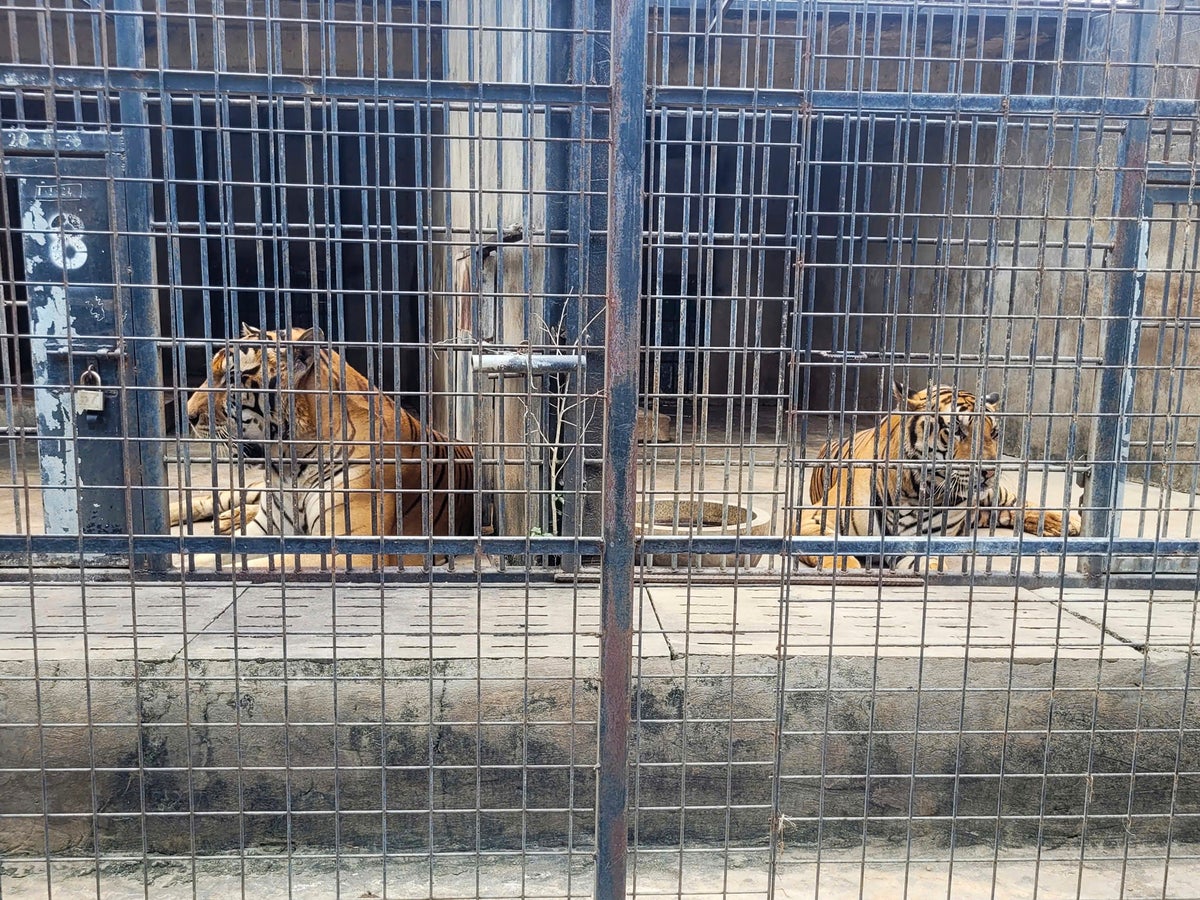
Your support helps us to tell the story
Our mission is to deliver unbiased, fact-based reporting that holds power to account and exposes the truth.
Whether $5 or $50, every contribution counts.
Support us to deliver journalism without an agenda.

Louise Thomas
Editor
Forty-seven tigers, three lions, and a panther died in two zoos in southern Vietnam from suspected H5N1bird flu virus between August and September, the state media reported.
The deaths have been reported at the My Quynh Safari Park in Duc Hoa District, Long An Province and the Vuon Xoai Tourist Park in Biên Hoà City, Dong Nai, Vietnam News Agency (VNA) reported on Wednesday.
My Quynh Safari Park said at least 27 tigers and tree lions have died during the period while Vuon Xoai zoo reported 20 tiger deaths.
The animals exhibited symptoms of illness and fatigue prior to their deaths. The tests conducted by the National Centre for Animal Health Diagnosis returned positive for the “H5N1 type A virus” among the animals, VNA reported.
At the safari park in Long An Province, at least three animal caregivers were identified as having close contact with the infected animals while some 30 employees at Dong Nai were in close contact with the animals, reported Tuoi Tre (Youth) newspaper.
However, none of the staff members have reported respiratory symptoms, VNA said.
The H5N1 is a type of influenza A virus that is commonly known as avian influenza or "bird flu" and has been detected in birds and some mammals.
The World Health Organisation has said a variant of the virus has caused “unprecedented numbers of deaths in wild birds and poultry in many countries in Africa, Asia and Europe” since 2020. It says while the cases of transmission in humans are rare but can cause severe disease with a high mortality rate.
In March 2024, Vietnam reported its first human case of the virus to WHO. The 21-year-old patient, a student who had gone for wild bird trapping, died from contracting the virus.
In June, India also confirmed the first human case of avian influenza H9N2 in five years. It was the second case of a human infected with bird flu that India has notified WHO about. The first was in 2019.
The Independent has contacted My Quynh Safari Park and the Vuon Xoai Tourist Park for comments.







